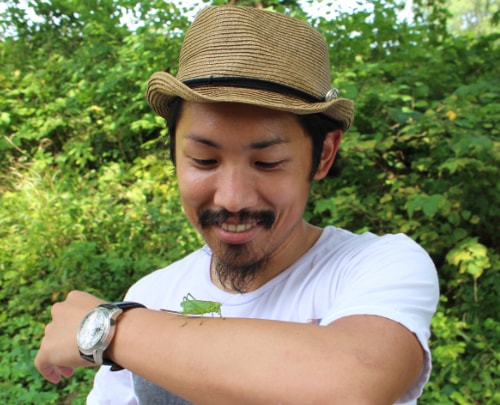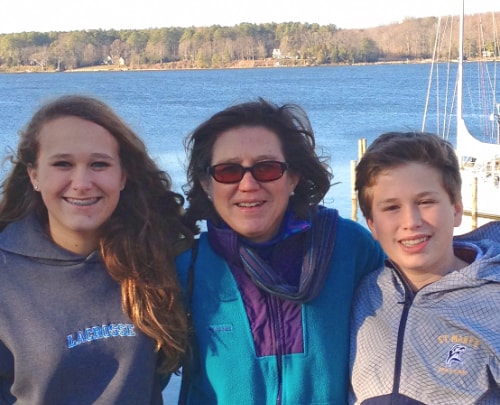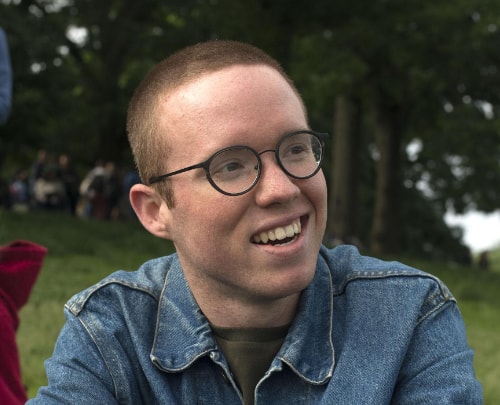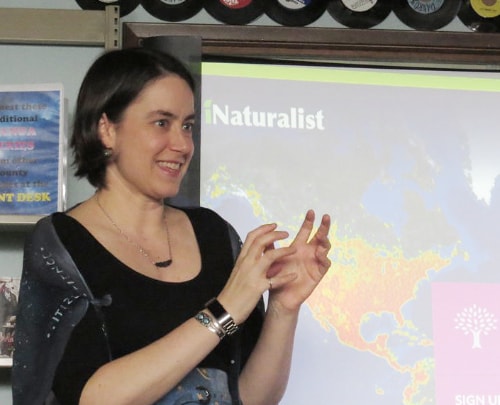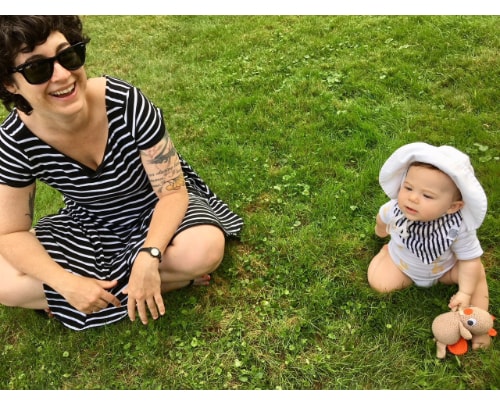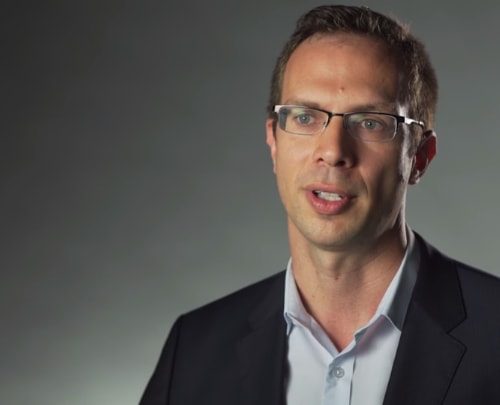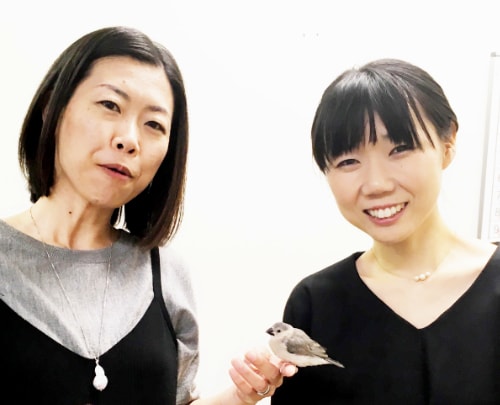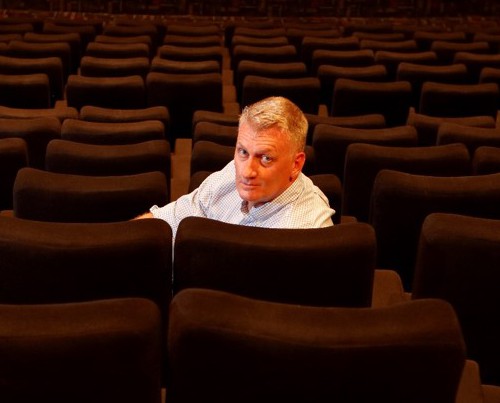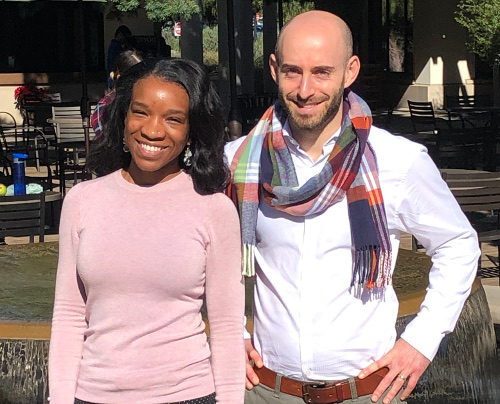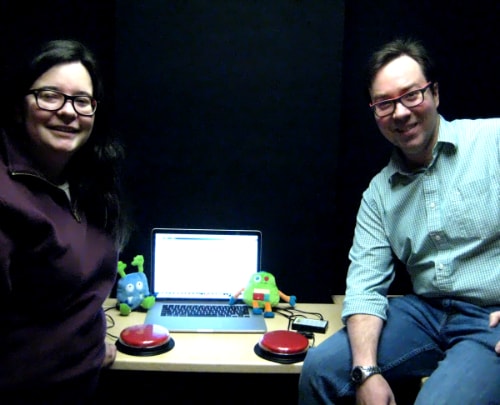28
May 2019
When in Rome, should you really do as the Romans do? In episode 50, Wataru Toyokawa from the University of Konstanz in Germany discusses how observing and imitating others in crowds can at times enhance collective ‘wisdom’ ... while other times it can lead to collective ‘madness.’ His article, "So...
14
May 2019
Why are less-than-college-educated White men in the US so much less happy and more desperate than their international counterparts? In episode 49, Carol Graham from the Brookings Institution and the University of Maryland talks with us about her research into why younger out-of-work men in the Uni......
30
Apr 2019
Can the sharing of drum break samples among musicians help us better understand how networks of artists collaborate? In episode 48, Mason Youngblood from the City University of New York discusses his research into the cultural transmission of digital music samples through collaborative networks of......
19
Mar 2019
In episode 45, Liz MacDonald from the NASA's Goddard Space Flight Center, discusses in her research into STEVE, a previously unrecorded atmospheric phenomenon discovered by citizen scientists in late 2016 that appears as a ribbon of flickering purple and green light in the night sky. Her open-acce......
5
Mar 2019
To what extent could "coming out" be a useful analogy for the process of coming to identify as Deaf? In episode 44, Laura Mauldin from the University of Connecticut discusses her research into this question as detailed in her open-access article "'Coming out' rhetoric in disability studies: Explor......
19
Feb 2019
Whether intentionally or unintentionally, might the manipulation of statistics in marketing research be costing companies millions? In episode 43, Ron Berman from the University of Pennsylvania's Wharton School of Business discusses in his open-access article "p-Hacking and False Discovery in A/B ......
5
Feb 2019
Could birds' courting behaviors change when they're being watched? In episode 42, Masayo Soma from Hokkaido University discusses her research into monogamous songbirds which intensify their singing and dancing during courtship rituals – but only while in the presence of an audience of other birds....
22
Jan 2019
Might the chemicals we exhale while watching movies tell us about the emotional stress that we're experiencing? In episode 41, Jonathan Williams from the Max Planck Institute for Chemistry in Mainz, Germany discusses his research analyzing the gasses emitted in cinemas, as described in his article...
9
Jan 2019
Can cognitive biases and heuristics regarding race influence U.S. Supreme Court decisions? In episode 40, Jonathan Feingold and Evelyn Carter from the University of California, Los Angeles (UCLA) discuss the sometimes selective use of social science research by U.S. Supreme Court Chief Justice Wil...
27
Nov 2018
What can the chance discovery of an illusion tell us about how our eyes and brains work together? Ben Balas from North Dakota State University talks with us in episode 37 about his research into the Flashed Face Distortion Effect, an illusion in which normal faces – when rapidly presented in peopl...

